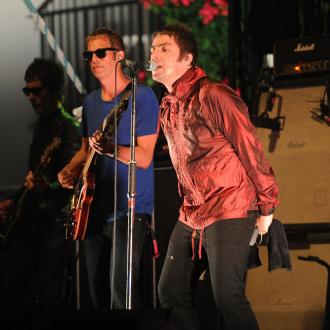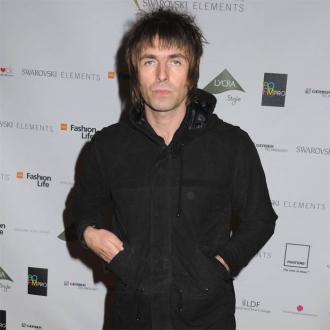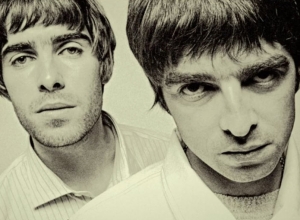Alan Mcgee is a divisive and notoriously outspoken character. Indeed Alan McGee the writer tells us as much in his new memoir Creation Stories McGee admits that the public persona the music press helped to create in the eighties and nineties is a character he played for many years. Ultimately by getting lost in the hype, the drugs and drink, he found that character was part of his own personal downfall. Creation Stories is a warts and all tale, but while many of the key players and events are described in great detail, it's also a cautionary tale. That elevates it above the usual stories of after parties and bust up's in these kinds of books, McGee's introspection and self analysis may come as a shock for those readers expecting tall tales of chart domination, but then you always need to expect the unexpected with McGee.

He starts his book in a tantalising fashion with a brief indication of the events that led to his breakdown in the mid nineties, but before long he's throwing light on his childhood in Glasgow. It's an important piece of the puzzle, as McGee describes a hard upbringing tinged with domestic violence that shapes some of his later decisions. It's here we first encounter Primal Scream's Bobby Gillespie and Andrew Innes in their schooldays. Both play key roles in the Creation story, but more importantly they're some of his oldest and closest friends. It's through those relationships and some of the regrets that McGee has about his early life, such as his first marriage that make him a far more interesting character than the loudmouth that some journalists have made him out to be.
Throughout we get untold tales of The House of Love, The Jesus and Mary Chain, My Bloody Valentine, Primal Scream, Oasis, and The Libertines. In many ways McGee uses his book to set the record straight on a number of common myths that surround the label and himself. He also distances his story somewhat from Britpop. Understandably so, as his breakdown happened at around the same time as Oasis were getting ready to release Definitely Maybe. However you do sometimes feel that McGee glosses over certain aspects of his story that are worth exploring. Setting up Creation in the first place, and his subsequent dealings with Sony, are presented with a confident swagger and ease that sweeps under the carpet some of the essential mechanics of securing some of the phenomenal record sales he's masterminded. Perhaps understandably some bands get mentioned, some don't. The likes of 3 Colours Red and Bernard Butler in the latter days of Creation are some of the reasons why McGee is an important figure to younger readers, yet they're notable by they're absence here.
"Success isn't just about talent, it's about aspiration": he tells us at one point. It's a sentiment that shapes McGee's story. While anecdotes about a cast of characters as diverse as: Courtney Love, Jimmy Savile, Michael Jackson, and Tony Blair provide some light hearted relief there's an underlying tone of seriousness to McGee's writing. His frank portrayal of struggles with drink and drugs and his subsequent recovery overshadow the chaos surrounding McGee at Creation. This isn't a definitive history of the label then, as it mainly serves as a backdrop to the main narrative of McGee's life. For those looking for fresh insight into the rise and fall of Britpop, or a painstakingly detailed description of how Oasis managed to capture the mood of the nation, you may feel a little under whelmed by what's here. But actually it's rather refreshing that McGee makes sense of the madness and some of the crazy plans he had by not focusing on the obvious subject matter. His love of music is always at the forefront though, and the way he writes about the likes of Primal Scream and My Bloody Valentine rescues the text from ever feeling too self indulgent.
At times an unlikeable character, McGee does justify his choices in great detail. While talking about Oasis he says; "If I hadn't seen the business as a dictatorship, if I hadn't had absolute faith in my judgement, Creation would not have put out the records of the band who became the biggest in the world". Once you've understood the complexities of his character, mainly shaped by his childhood, everything makes far more sense. That's why Creation Stories is a compelling read. McGee may look up to the likes of Malcolm McLaren and Tony Wilson, but he's certainly as interesting here as either of them. That's because he's willing to lift the lid on his thoughts rather than perpetuating the cardboard cutout McGee we've encountered in the press. This may not be the whole truth, but it's as close as we're likely to get and that's no bad thing.
4/5
Jim Pusey







